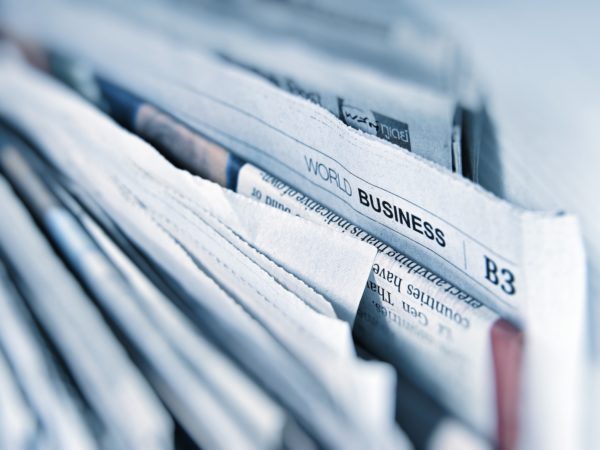In the News
-
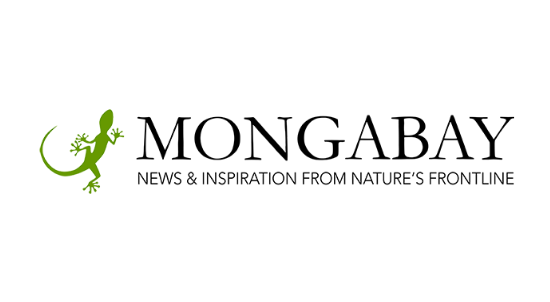 12 July 2023
12 July 2023Asian Development Bank’s climate commitments require greater accountability
The Asian Development Bank’s ambitions have no chance of success without an increased commitment to safeguards and accountability, a new op-ed argues, because projects aimed at mitigating climate change can – and do – go wrong. -
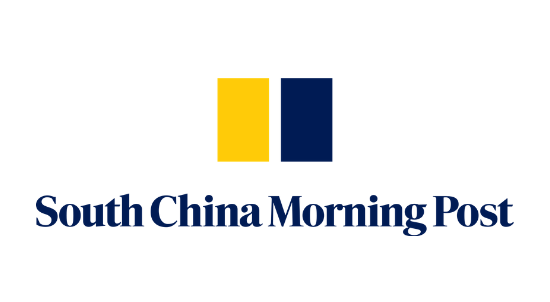 19 June 2023
19 June 2023China’s new financial regulator must show it means business on ESG risk management
It has been a year since the CBIRC issued the Green Finance Guidelines, which stepped up requirements for Chinese banks and insurers to manage ESG risks, including by establishing complaint channels for affected communities. However, to date, no Chinese bank has launched a bank-level complaint mechanism or announced a plan for developing one. -
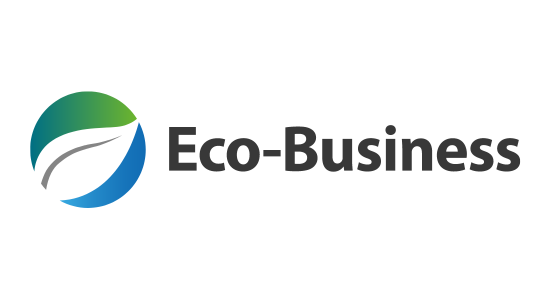 17 May 2023
17 May 2023ADB safeguards policy update must prioritise people and the planet, says NGO Forum on ADB
As the Asian Development Bank (ADB) commemorates its 56th year of operations in Asia, the NGO Forum on ADB and its allies raised concerns about the potential dilution of key safeguard commitments. -
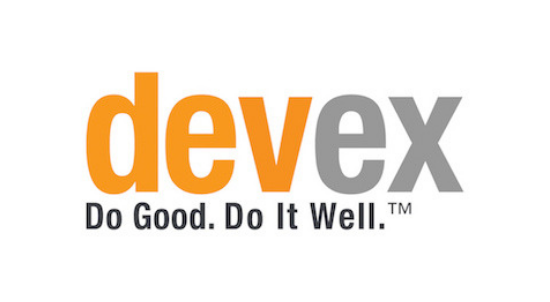 15 May 2023
15 May 2023World Bank project complaints plagued by fear of reprisal
Complainants coming forward are seeing their communities being uprooted to make way for things like new roads, dams, and power plants. They are often powerless compared to those who have a financial stake in the projects’ success, and many face harsh retaliation for speaking out. -
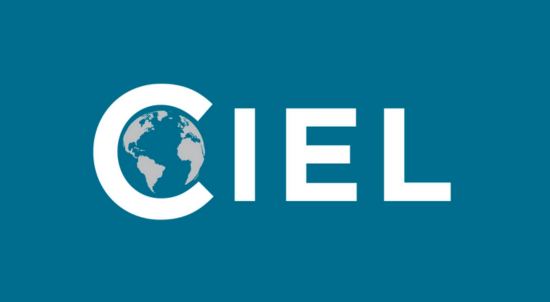 13 April 2023
13 April 2023Thousands of Individuals Urge the International Finance Corporation to Guarantee Justice for Communities Harmed by Development Projects
This week, 4,577 individuals from around the world demanded that the International Finance Corporation guarantee justice for communities harmed by international development projects. -
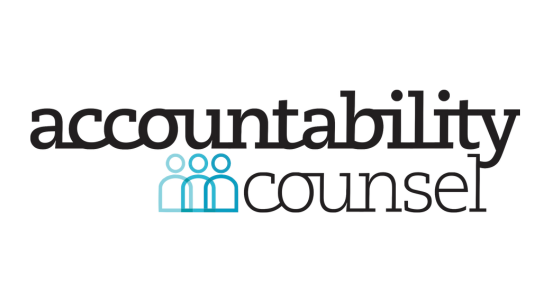 3 April 2023
3 April 2023Ukraine Joining the EU – An Elephant in the Room
A delegation of the Region of Vinnytsia in Central Ukraine recently visited various agricultural and rural development projects and facilities in the Region of Lüneburg in Low Saxony, Germany, in order to gather ideas for recovery and reorientation of farming and food supply in times of war. -
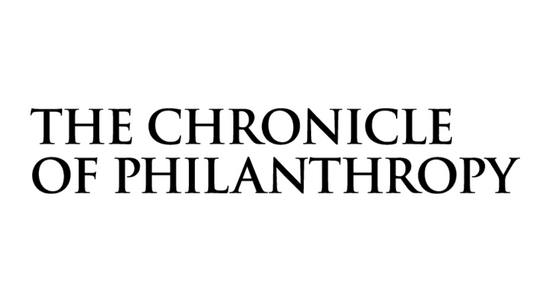 28 March 2023
28 March 2023Gates Foundation Should Match Its Massive Global Giving With a Massive Commitment to Accountability
The Bill & Melinda Gates Foundation announced that it would spend a record $8.3 billion to respond to the compounding crises of war, climate change, stumbling economies, and infectious disease. Unfortunately, this increased spending has not been accompanied by an increased commitment to accountability. -
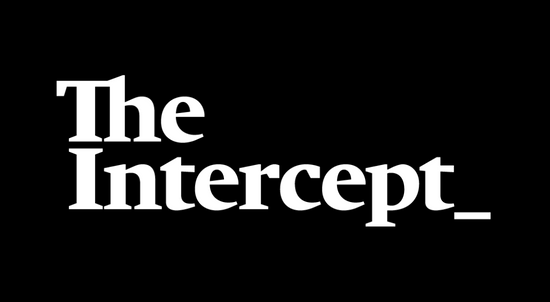 23 March 2023
23 March 2023A is for Abuse: Two Harvard Grads Saw Big Profits in African Education. Children Paid the Price.
An aggressive startup set out to disrupt African education, supported by social impact investors. Now it’s plagued by a sexual abuse investigation. -
 16 March 2023
16 March 2023IFC policy for when projects cause harm lambasted as ‘letdown’
The IFC has released a new policy to govern how it responds when projects go wrong and seriously harm people or the environment, but advocates lambasted its “shocking” failure to go far enough or address past problems. -
 27 February 2023
27 February 2023To the Editor: Re “World Bank President, Dogged by Climate Questions, Will Leave a Year Early”
In tackling some of humanity’s most pressing crises, the next World Bank president must be an accountability champion. That means not only respecting the rights of local communities, but also remedying harm caused by World Bank projects when it occurs. -
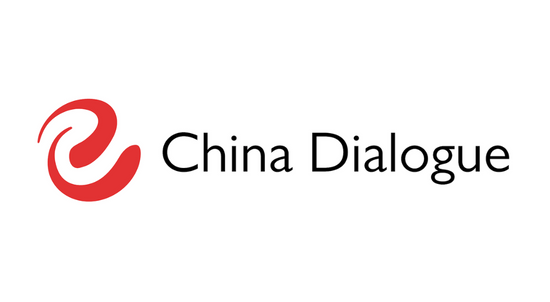 27 February 2023
27 February 2023New mechanism could strengthen accountability of China’s mining projects
A new grievance mechanism for Chinese overseas mining needs to be free to use, and must protect communities from company interference and retaliation. -
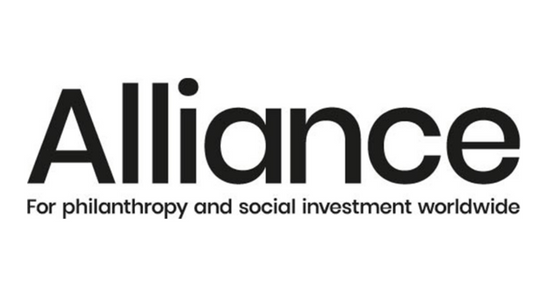 17 January 2023
17 January 2023Who decides what is effective in Effective Altruism?
In the weeks following the FTX collapse, some of the scrutiny has turned to Effective Altruism – but instead of asking whether to condemn or support the movement, the more crucial question is one that applies far beyond: who defines what effective giving is in the first place? -
 11 December 2022
11 December 2022Fund managers should push lithium, copper miners to be better role models on environment, labour issues, proxy advisory firm says
Global fund managers should push producers of lithium, cobalt and copper – key metals used in electric vehicles (EVs) and other decarbonisation equipment – for greater transparency on environmental and social issues arising from their operations, a proxy advisory firm said. -
 22 October 2022
22 October 2022China’s ban on overseas coal power plants is good for the climate… but where’s the support for renewable energy? experts ask
Beijing’s pledge a year ago has put a ‘significant dent’ in planned coal-fired projects overseas, says a climate report – but greater support is needed to get low-emission projects up and running to replace the cancelled coal projects, analysts say. -
 19 October 2022
19 October 2022Public Development Banks can’t drag their feet when it comes to building a sustainable future
Stephanie Amoako, Senior Policy Associate at Accountability Counsel, said: “PDBs must be accountable to the communities impacted by their projects. All PDBs need to have an effective accountability mechanism to address concerns with projects and should commit to preventing and fully remediating any harm to communities.” -
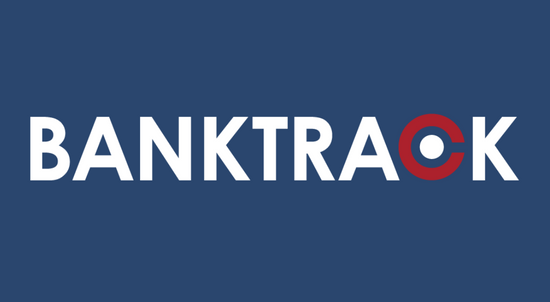 17 October 2022
17 October 2022The Equator Principles have two big problems: a fossil-fuel problem and an accountability problem
Either they get solved at the annual meeting of signatories starting today in Seoul, or the principles risk fading into irrelevance. -
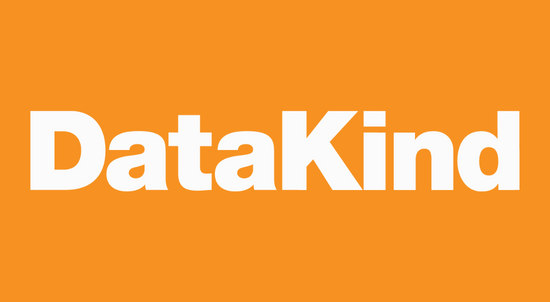 13 October 2022
13 October 2022DataKind Partner Spotlight: Accountability Counsel
We’re reflecting on our project with Accountability Counsel as they look to the future, seeing where there are opportunities and challenges with data science in supporting their mission. -
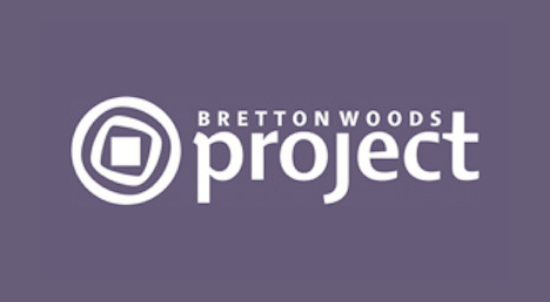 4 October 2022
4 October 2022World Bank’s accountability mechanisms – still a long way to go
57 CSOs submit comments on the Draft operating procedures for the Accountability Mechanism and Inspection Panel. CSOs highlight concerns about the proposed mechanisms, including lack of clarity on the structure. -
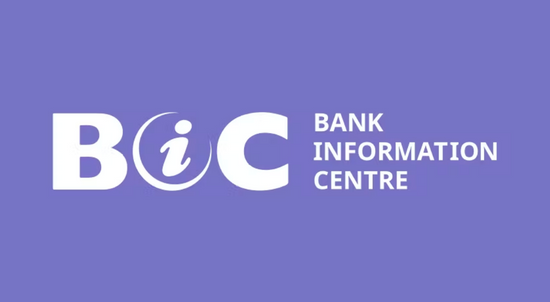 28 September 2022
28 September 2022¿Qué esperar del liderazgo del BID?
BIC junto a las organizaciones que endosan celebran la decisión de la Junta de Gobernadores de seguir la recomendación unánime del Directorio del BID y destituir rápidamente al Sr. Claver-Carone. -
 28 September 2022
28 September 2022What to expect from IDB’s leadership?
BIC and the endorsing organizations commend the decision of the Board of Governors to follow the unanimous recommendation of the Board of Directors and swiftly remove Mr. Claver-Carone.

